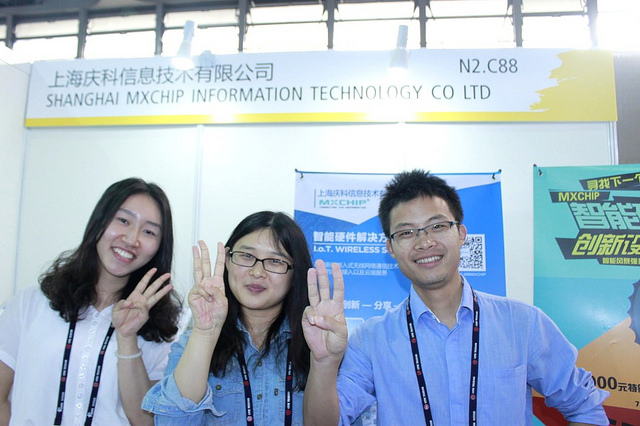In a competitive and globalized market, management of human resources is a key factor since organizations do not differ from each other by their technological, financial and physical resources, what really differentiates one organization from another is its human capital. It is people who create and strengthen innovation and the future of organizations. People performs functions such as produce, sell, serve the customer, make decisions, lead motivate, communicate, monitor, among others, so that the current trend does not look at people as organizational resources, objects or passive subjects of the process, but mainly as active people who generate decisions, undertake actions and create innovation in organizations, so that people play the role of owner and is essential to achieve full acceptance, participation and involvement of human resources in all activities.
In this sense, it is very important to recognize the importance of human talent in the company and also considered as one of the points which should go a higher level of care within the organization through management systems, maximizing the potential deploying people working in companies, while generating optimal processes to achieve sustainable competitive advantage through people, which is why it is worth noting and determine the scope of participation that has the psychologist in the process human resource management within organizations, where this results-oriented and interests of each individual and organization, directing efforts towards human talent seeking an optimal environment at all levels (physical, intellectual and emotional), generating satisfaction and commitment by people to the company which can become a strength to the increase in internal and external organizational results.
Therefore, the organizations must invest not only in the productive, financial area of marketing and infrastructure but also in the human factor in a high percentage. Successful organizations perceive that can only grow, prosper and maintain its continuity if they are able to optimize the return on investment of all partners, particularly employees.
According to Peter Drucker, the key to excellence is “to discover the potential of people and in charge of developing”. Talented people are the greatest asset of the company for the third millennium. In this sense, effective management of people is the key piece to creating an enabling environment to develop leaders within the company.
It is important to consider that the management of human resources is based on three fundamental aspects, which recognize people as human beings who are endowed with profoundly different from each other personality, have different stories and have knowledge, skills, skills and capabilities essential for the proper management of organizational resources; activators are intelligent organizational resources capable of providing it with intelligence, talent and learning are indispensable in their constant renewal and competitiveness in a world of changes and challenges. People are own momentum source that energizes the organization, and not passive, inert and static agents; and they are members of the organization, where they are able to lead it to excellence and success. As partners, people invest in the effort, dedication, responsibility, commitment, risks, organization among others.
People who have talent thrive in an environment where your work involves challenging them and offers them the opportunity to learn and progress, instead of being forced to remain in a position just to be able to meet its expenses. Given the importance that is given to human talent organizations they have been committed to implementing a strategy through people, where their attention does not revolve around assets and tangible resources, new technologies, innovations and ways to achieve their strategies, but to their workforce. Its workforce is the only necessary and sufficient to execute the strategy, so that skilled workers belongs to a large part of its future success, including his personal fortune, where each person is valued as a scarce active element and maximize its return on all of them, aligning, engaging and measuring.

Image courtesy of Philip McMaster at Flickr.com
In conclusion, human talent management is one of the most important areas of the organization, formerly the company focused more resources in the areas of production and finance, it was understood that these were all the engine of the company, but it has been understood the inescapable need for increasingly able to achieve better results human talent. This has caused companies focus greater efforts in the areas of human talent management, creating an increasingly greater human capital areas of expertise and greater personal skills. All companies have a tangible resources greater or lesser scale than the others, but in the end these tangible resources can be acquired capital base and give the same uses and same results in each company, but this does not work the same way with human talent, being people everyone thinks, acts and makes decisions very particular ways. For this reason, the human talent is very difficult to imitate resource, given the individual characteristics and particular characteristics of each individual who is part of the organization, this is where lies the competitive advantage that can bring this resource to an organization.
To read more about Human resources management, visit my post: 4 tips for an effective reward management in your company.

